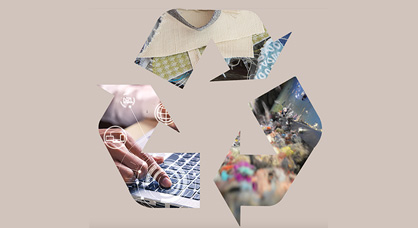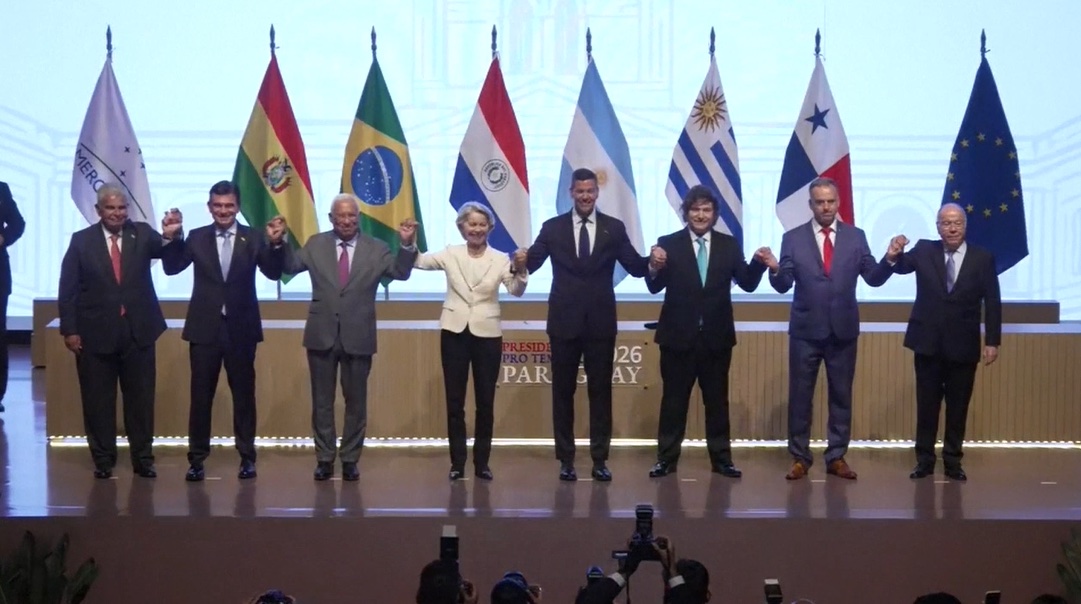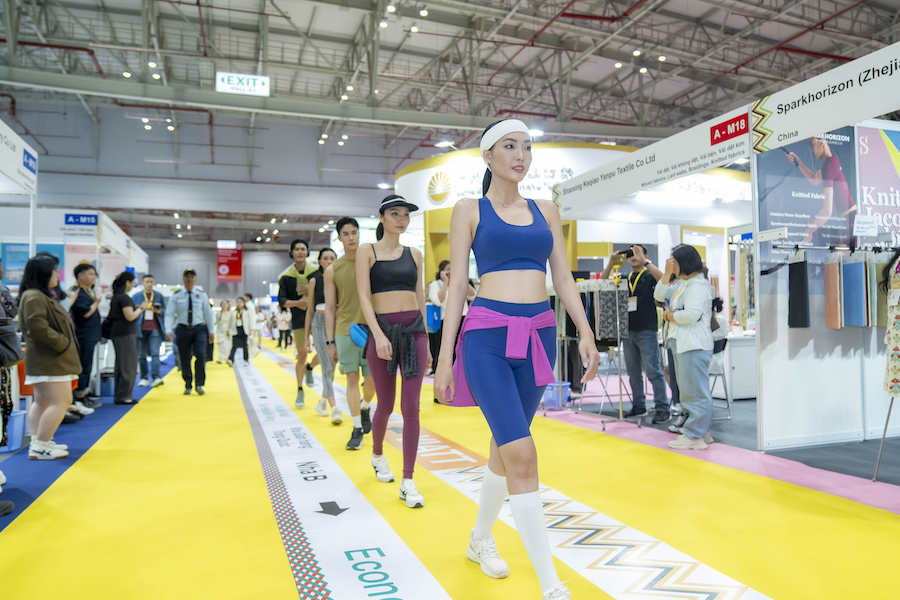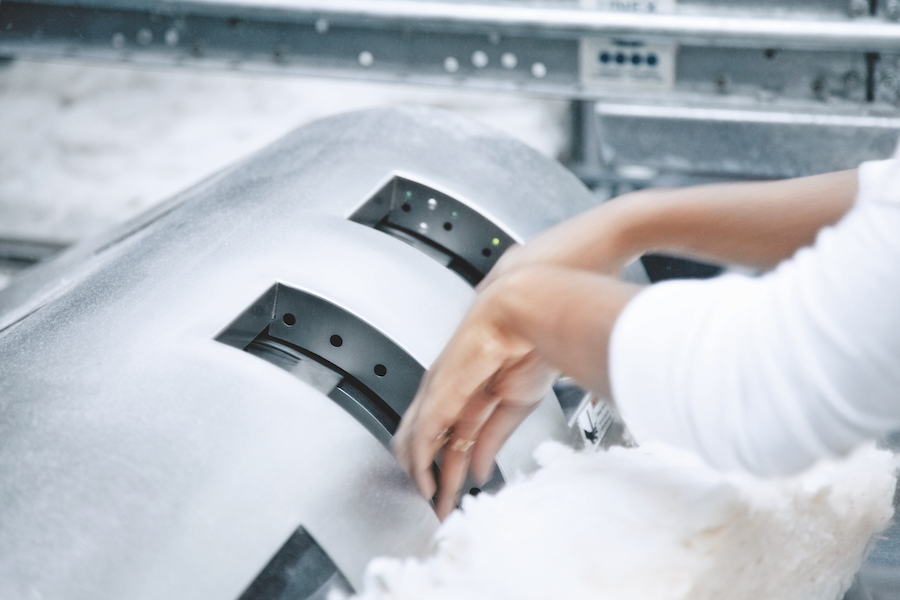#Recycling / Circular Economy
EURATEX unveils a joint initiative
The increase of collected textile waste from 2.8 mln tons to 4.2 - 5.5 mln tons will become a major environmental and economic challenge, unless Europe sets up a large scale and coordinated system for collecting, sorting and recycling all textile waste streams by 2024. In less than four years, the textile wastes shall be collected separately and should ideally be processed in the EU. To turn the upcoming textile waste problem into an opportunity, EURATEX, the European Apparel and Textile Confederation, with its members, launches a join initiative to set European Textile Recycling Hubs, the ReHubs.
Setting the ReHubs near European textile and apparel districts will offer the benefit of circular economy by upcycling textile wastes, as a completely new, coordinated, large-scale management of material-streams.
The Hubs’ capacity to treat large volumes will create economies of scale, justifying the costs of existing recycling technologies as well as investments into new ones, such as chemical & thermal/melt recycling. This will generate new raw materials for the textile value chains, which is mostly made of SMEs (fiber-to-fiber closed loop), and for symbiosis with other European industries (e.g. automotive or other industries).
The ReHubs will enable the creation of a new European market of secondary raw materials saving additional waste-related costs. They will create and spread knowledge on products’ recyclability and product design for a better cooperation between makers and buyers across the industry value chain.

In a longer run and by successfully overcoming the R&D challenges, the ReHubs will not only tackle the issue of landfill and incineration, but they will build an opportunity for Europe to strengthen its autonomy for raw materials and provide a healthy recycling ecosystem across Europe. The ReHubs will create new green jobs. Estimates indicate that around 20 jobs could be created for every 1000 tons of textiles collected, sorted and recycled, ultimately creating up to 120.000 jobs in the European Union.
In the strategic textile ecosystem, the ReHubs offer a concrete example of partnership for change necessary to accomplish the EU objectives set in the Green Deal and in the Circular Economy Action Plan, as well as in EURATEX strategy.















